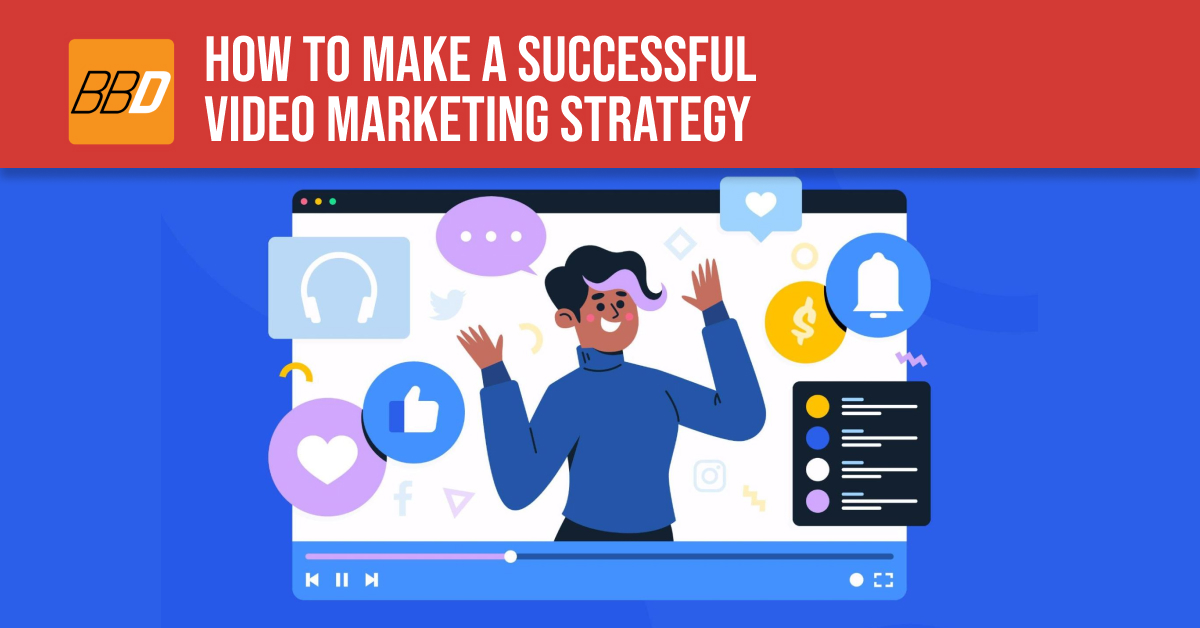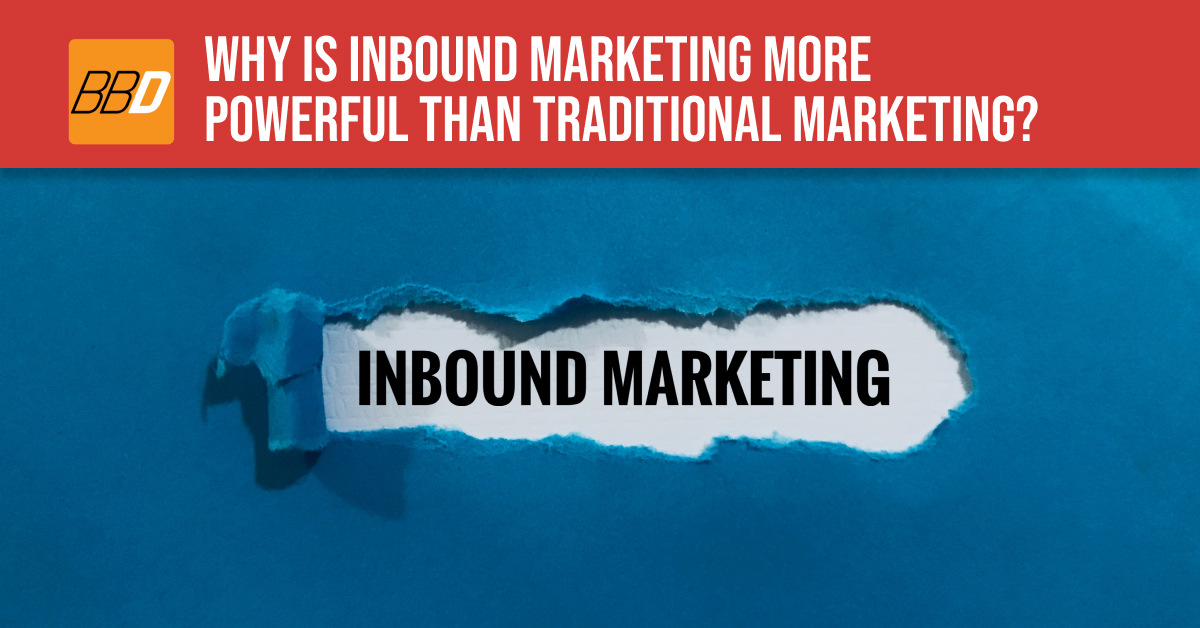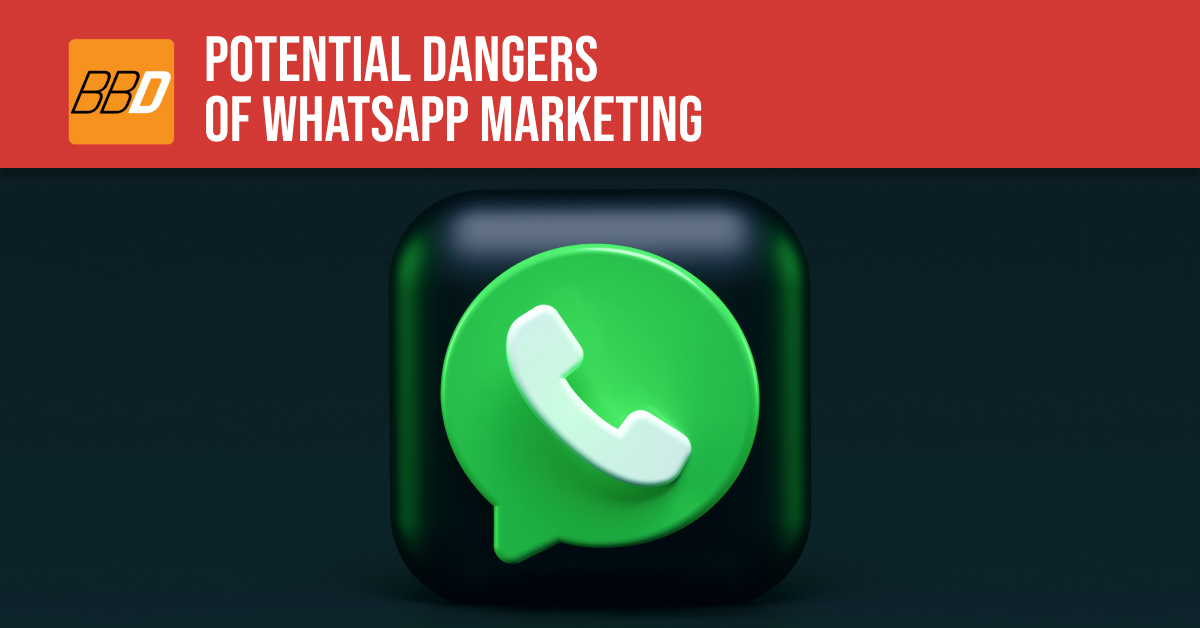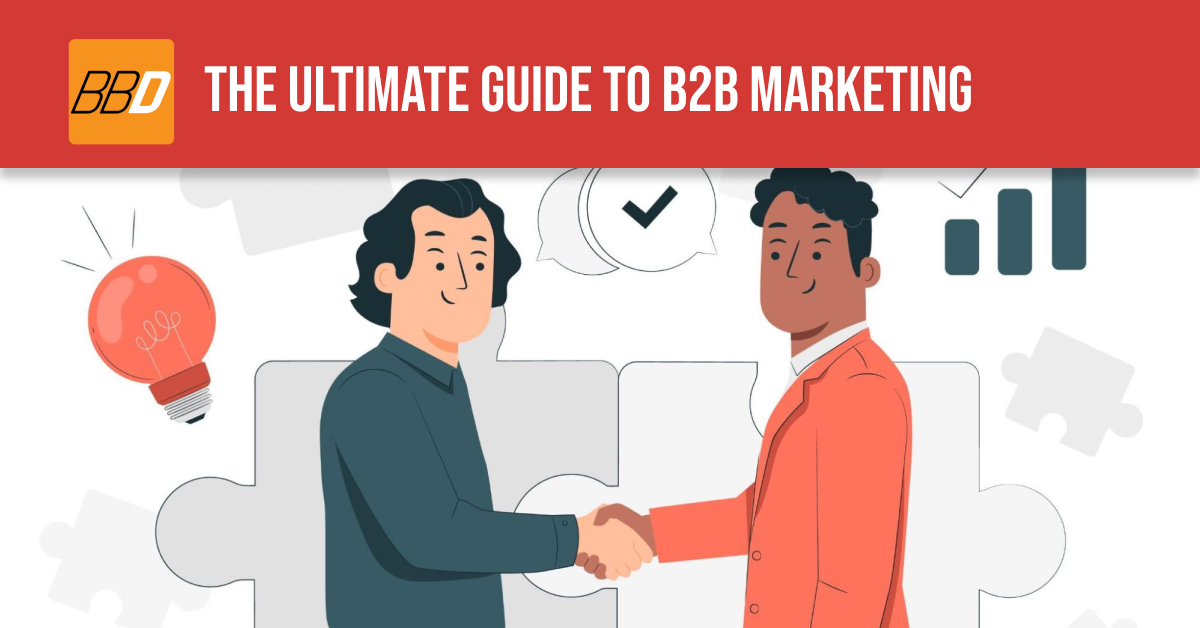When it comes to consumer concerns with privacy and security in digital marketing, there’s a lot to talk about – more than we could possibly cover in one article. What we aim to do here, then, is discuss what we think are some of the most important privacy and security concerns relevant to digital marketers.
Obviously, eliminating cyber security threats is paramount in any digital business pursuit – not just digital marketing. Marketing is interesting, however, your marketing strategy involve collecting customer data – and doing so through the use of cookies. This means that legislative changes can affect digital marketing.
In this article we’re not going to go over the obvious. We’re not going to tell you how to secure your servers or write privacy policies. Instead, we’re going to discuss how privacy concerns and security directly impact digital marketing. Let’s get started.
Customer data
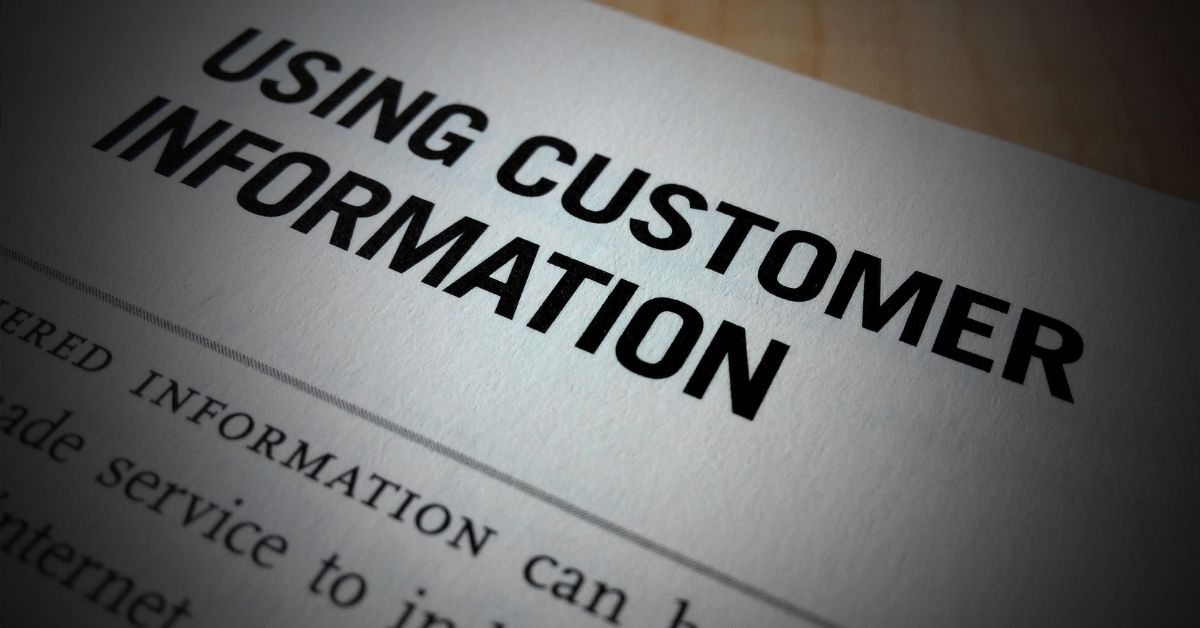
…recent surveys showing that more than 90 percent of consumers are concerned about their online privacy, and nearly 50 percent have limited their online activity because of privacy concerns. (mckinsey.com)
Customer data breaches are one of a company’s worst nightmares – they’re an absolute PR disaster and even worse, that are an awful customer experience. Good luck marketing how secure your business is after the data from active users credit card details have been leaked.
Take steps to secure your customer data. That can mean requiring every member of your team to use 2FA and using managed detection and response to secure your servers. You should also consider requiring 2FA for individual consumers too. Google might introduce mandatory two-factor authentication – and when one of the biggest digital marketing giants on the planet is mulling a security feature, you should think about it too. If customer data is lost, 2FA mitigates the risk of the hackers actually being able to do damage with the information.
Email marketing
Email marketing is getting trickier to do well every year.
For starters, more and more nations have anti-spam laws – as they should. That can make it difficult for marketers to understand the spam rules from country to country – what can be considered consent to receive email marketing, and what users need to do to stop getting emails. The best rule to follow is the strictest one. Make sure it’s extremely evident to clients that they’re signing up to be on an email list.
The second problem is something that’s not entirely under your control – phishing emails. You can, however, take action to protect your clients from these emails. Always include their full name or username in your greeting to them, have your logo in the same place every time, include your privacy information at the bottom – you get the idea.
Use the same format every time, so that your email list readers will know what your emails look like. The downside to this, of course, is that very skilled phishers can copy that format and trick your clients anyway. There’s little you can do about that.
GDPR and CCPA compliance

69% of consumers are concerned about how personal data is collected in mobile apps, according to the Internet Society and Consumers International. (forbes.com)
As a digital marketer, you absolutely need to understand the concept of privacy from the consumer perspective, including the GDPR and CCPA – acts introduced in Europe and California (respectively) to ensure that the online privacy of their citizens is respected.
The GDPR has been the law with the most effects on digital marketing – it’s why you see all of those cookie popups on websites as of late. You need someone on your team to ensure that everything you’re doing is GDPR-compliant, from how information is collected and processed to how your customers can access that data.
Even if you don’t get many customers from Europe, you should still be GDPR-compliant. That’s because:
- If you process the data from any customer in Europe, they may file a request to access their data
- The GDPR is the strongest digital consumer protection law in the world right now. Compliance with the GDPR will take you a long way toward compliance with other digital privacy laws.
Bots and SEO Security Concerns

Bots are a real pain. They can convince your clients to click on malicious links. That reduces client confidence. And these bots will tend to spam any site without enough security to stop them. That means the comment section under your blog or social media post can become flooded with malicious links.
Clients look at that, then they turn and run. If your website’s consumer expectations are low, so are Google’s, seriously affecting your SERP. The importance of SEO for digital marketing can’t be understated – and these spam bots are an absolute SEO killer.
Fortunately, you don’t need a huge team of moderators to stop these bots – though one or two may help. For the most part, link spam bots can be stopped with readily available bot filters – look into those, and keep your web presence clean.
Privacy, security, and digital marketing are all deeply intertwined. We hope that this brief look at how they all interact has helped you better understand why that’s the case, and what steps you can take to continue to collect data, all while preserving the privacy and security of your clients.




